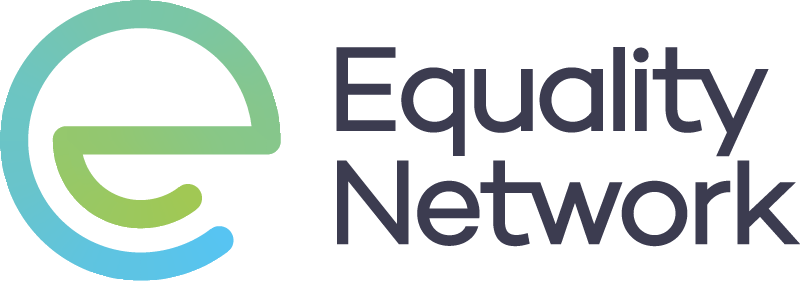
Variability of experiences
Of course, LGBTI+ identity never captures the entirety of who a person is, or the kind of support they need. The way people responded to this survey showed how important it is to consider intersectionality – the overlapping aspects of a person’s life that shape their experiences – when trying to understand LGBTI+ support networks.
This section of the report will touch on a few of the ways experiences of support networks are affected by non-LGBTI+ factors such as age, disability or illness, and location. Race plays a part in people’s experiences in significant ways. While not the focus of this report, it should be noted that experiences of the COVID lockdowns were significantly racialised – especially relevant given the role of policing in enforcing the lockdowns and emergence of the global Black Lives Matter movement from May 2020.
Older people felt less supported in general by organisations, less welcome in LGBTI+ spaces, and less able to form or maintain community.
“Yes [having LGBTI+ support networks is important] for middle-aged & older LGBTQI+ people who don’t have children (if/when the time comes that they need intensive physical & practical support due to frailty). Some LGBTQI+ people who are vulnerable due to mental health conditions and/or PTSD (due to being ‘in the closet’ for so long) find it difficult to form secure relationships/friendships, and may be vulnerable to forming relationships/friendships with people who treat them badly.”
“Families aren’t always supportive, mine wasn’t when I was young. It can be easier to connect with other LGBTQI+ folks but I’m in my 60s now and I have lost the friends I made in the 1970s and 1980s and I’m finding it harder now to make new friends. I live in a rural area where there aren’t many opportunities to meet LGBTQI+ folks, though the schools now (finally!) have LGBTQI+ clubs so I hope it’s easier for teenagers.”
“I’ve been driven away throughout the pandemic and still feel reluctant to reconnect. There’s also way too much formality, or at least that’s how it feels to me. [There’s] a lot of palaver around supplying names and addresses, passwords, proving of identity. Officialdom surrounds everything these days. I’m sure the organisers try their best to welcome people but I still don’t feel comfortable, the older I get the less connected I feel to the LGBT community.”
“My husband is my primary support, though I am also his carer (he has several chronic conditions). We recently moved to Glasgow as we didn’t have a good support network in the smaller city we were in and we had no LGBT support to speak of. It was lonely and isolating. We really needed to feel connected to the LGBTQ community. … As an older gay man the pubs and sporting clubs are not really available to me now and that is how I built networks when I moved in the past. The 3rd sector is really stepping in and helping me develop that wider support network.”
Some older people found community in spaces specifically designed for older LGBT+ people.
“My networks as an older queer person are very supportive and positively challenge views and provide opportunities to explore various conversations.”
Disabled LGBTI+ people, and LGBTI+ people with mental health issues, have specific, complex struggles.
“The pandemic made life much easier for me as a housebound person, but it meant that I had to do a lot more support work. Now some online communities are dissipating but long Covid, and the almost total lack of meaningful support provided for its sufferers by the state, means that I still need to do that extra support work (or someone does). The online disability community is doing its best and is generally LGBTQ+ friendly (much more so than society at large), but there are still intersectional situations where people need targeted support.”
In our report, ‘Further Out: The Scottish LGBT Rural Equality Report’, the Equality Network explored the unique challenges of LGBT+ people living in small communities and rural areas[21]. The report found that people in more rural areas experienced feelings of social isolation even prior to the pandemic, and found community solidarity through events such as Pride.
In this survey, respondents living in rural areas described having a range of levels of support from a variety of sources. Some reported having little to no LGBTI+ specific support due to their location, or a disruption to their usual points of support due to the suspension of LGBTI+ events.
“If living in a rural area like I do then support networks are non-existent.”
“Support services in rural areas do not cater to diversity. Rural areas do not diversify and can be very male run. Typical women’s groups ie SWI are very heterosexual. No LGBT groups or very few spaces for women full stop.”
“Pride is just great, I can be myself for a short while and not worry about being judged, but Covid has had a negative impact and I live in a rural area so I tend to only go to the main event and I miss out on smaller events that take place throughout the year which tend to be on in the evenings because I don’t like driving at night on unlit roads friends are increasingly fewer, on account of being in my 60s.”
Footnotes
- Equality Network’s ‘Further Out: The Scottish Rural Report’ (Return to reference [21])
